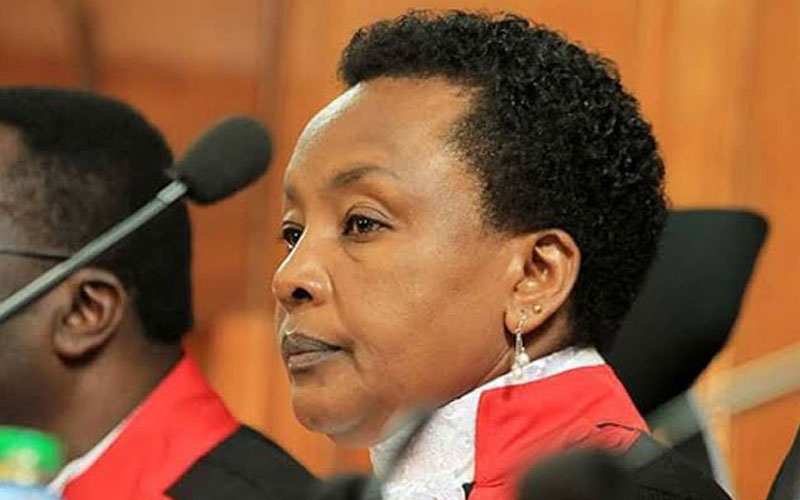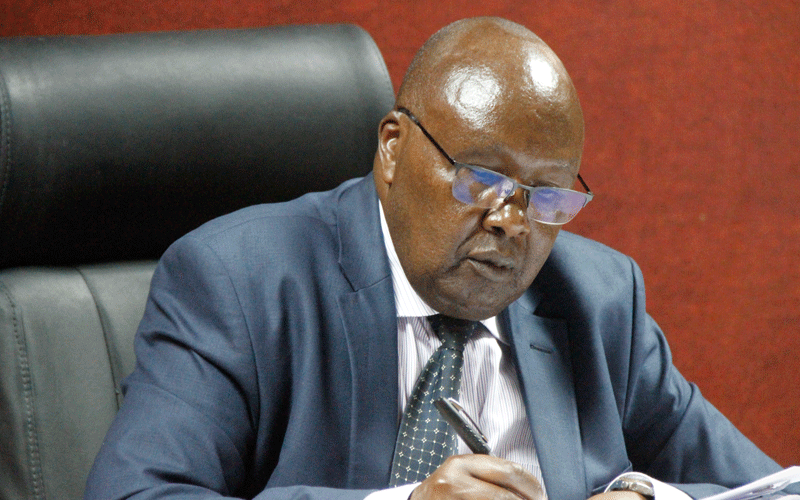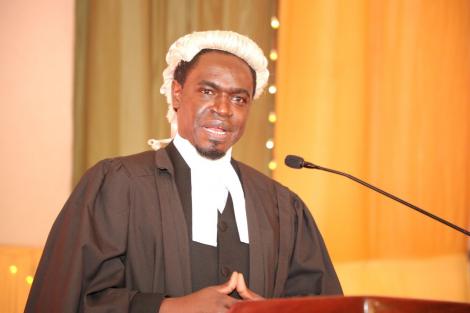Litigants to wait longer for face-to-face court sessions

Kenyans seeking to access justice, will have to do it online. This comes after the High Court yesterday declined to compel the acting Chief Justice (CJ) Philomena Mwilu and the National Council on Administration of Justice (NCAJ) to reopen physical sessions, pending the hearing of a case by Kituo Cha Sheria.
Kituo Cha Sheria through lawyer John Khaminwa wants the courts countrywide reopened, saying many Kenyans are suffering from technological barriers.
Then CJ David Maraga in April last year ordered the closure of the physical court’s in keeping with government measures to limit gatherings and mitigate the spread of Covid-19.
But Justice James Makau declined to issue an order for the return of open court hearing and registries pending the hearing of the case.
“We seek an order that the court should be reopened and do away with virtual hearings of cases as the same are not consistent with Article 50 of the Constitution,” said Khaminwa.
The judge however directed Kituo Cha Sheria to serve the respondents with the documents and scheduled the hearing for March 15.
The Law Society of Kenya is listed as an interested party in the case set for a hearing on March 15.
Country in limbo
Kituo Cha Sheria added that the administration of Justice in the country is in a limbo.
The rights group claims the Judiciary embraced technology without considering ordinary citizens, which has led to unequal access to justice and exclusion of the poor.
“Most court users, are not familiar with complex court procedures including the digitised and electronic judicial system,” says the organisation while faulting the CJ and the NCAJ.
The group further avers that using the technology, such as the electronic filling of documents and use of video links in open court, have been a frustration, because a majority cannot access digital devices and internet services in order to be heard by a magistrate or a judge remotely.
“Women, the poor, rural populations and other marginalised groups are particularly impacted, as they form the larger part of the population that has no access to internet, electricity and digital devices,” says the rights group.
It is their argument that even where an internet network is available, the cost of digital devices (smartphones, tablets, and desktop and laptop computers) lock out the poor.
“The use of technology has caused untold frustration, concerns and suffering to most Kenyans seeking to be heard in court and get services,” Khaminwa says, citing cases where people are turned away when they physically visit court premises and are instead directed to make enquiries by email.
The group says the Constitution only envisioned open court hearings where the public can access services.











